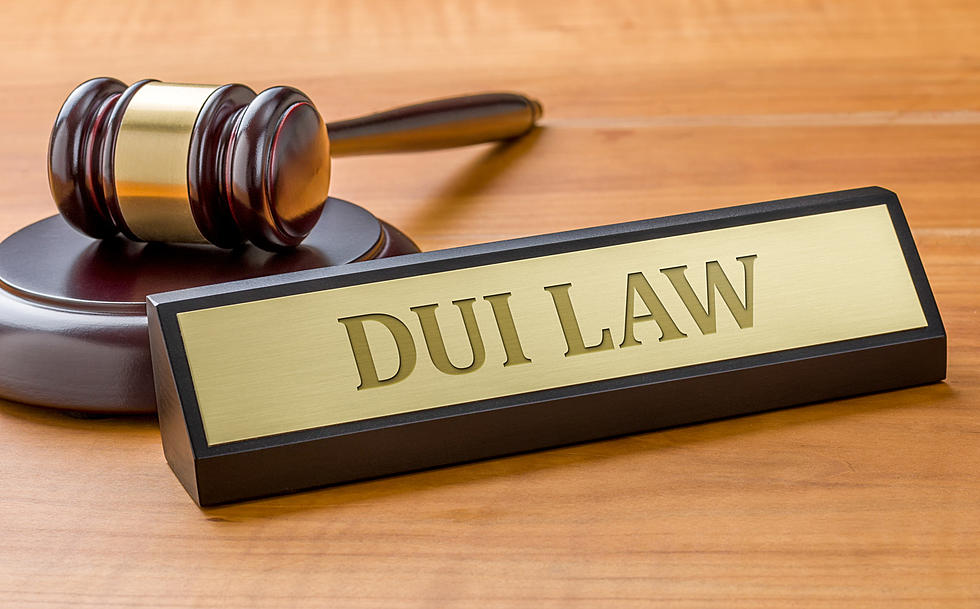Driving in Atlanta requires an understanding of the laws that govern the road. Two common legal issues that drivers may encounter are driving under the influence (DUI) and traffic tickets. While both can result in penalties, their legal differences are significant. Understanding these differences is crucial for making informed decisions about addressing each situation.
Defining DUI and Traffic Tickets
What is a DUI?
 A DUI, or driving under the influence, occurs when a driver operates a vehicle while impaired by alcohol, drugs, or a combination of both. In Georgia, a driver is considered legally impaired with a blood alcohol concentration (BAC) of 0.08% or higher for drivers over 21, 0.02% for drivers under 21, and 0.04% for commercial drivers.
A DUI, or driving under the influence, occurs when a driver operates a vehicle while impaired by alcohol, drugs, or a combination of both. In Georgia, a driver is considered legally impaired with a blood alcohol concentration (BAC) of 0.08% or higher for drivers over 21, 0.02% for drivers under 21, and 0.04% for commercial drivers.
DUI offenses are treated as serious criminal matters, carrying severe penalties including fines, license suspension, mandatory DUI education programs, and possible jail time. Repeat offenses result in increasingly harsher penalties, reflecting the state’s commitment to reducing impaired driving.
What is a Traffic Ticket?
Traffic tickets, on the other hand, are typically issued for violations of traffic laws. These can range from minor infractions, like speeding or running a red light, to more serious offenses, such as reckless driving or driving without insurance. Traffic tickets can result in fines, points on your driving record, and increased insurance rates.
Traffic tickets are usually classified as infractions or misdemeanors, depending on the severity of the violation. While they are less severe than DUI offenses, multiple infractions can accumulate and lead to more serious consequences, such as license suspension or revocation.
Legal Consequences and Penalties
Penalties for DUI
The penalties for a DUI in Atlanta are substantial and can have long-lasting effects on a driver’s life. First-time offenders may face:
- Fines ranging from $300 to $1,000
- Jail time from 10 days to 12 months
- License suspension for up to one year
- Mandatory attendance in a DUI Risk Reduction Program
- Community service requirements
For repeat offenders, the penalties increase significantly, including longer jail sentences, higher fines, and longer license suspensions. Additionally, multiple DUI convictions can result in the requirement to install an ignition interlock device on your vehicle.
Penalties for Traffic Tickets
Traffic tickets in Atlanta typically result in less severe penalties compared to DUIs. Common penalties include:
- Fines, which vary based on the violation
- Points added to your driving record (ranging from 1 to 6 points per violation)
- Potential insurance premium increases
The accumulation of 15 points within 24 months can lead to a license suspension. Certain violations, such as reckless driving, can also carry harsher penalties, including potential jail time and additional fines.
The Legal Process
Handling a DUI Charge
The legal process for a DUI charge is more complex than that for a traffic ticket. After being charged with a DUI, the driver will face both administrative and criminal proceedings. The Georgia Department of Driver Services (DDS) may impose an administrative license suspension, separate from any criminal penalties.
In the criminal court, the driver will have an opportunity to plead guilty, not guilty, or no contest. It is highly advisable to seek legal representation from a skilled DUI attorney to navigate the complexities of the legal system, explore defense strategies, and potentially negotiate plea deals.
Handling a Traffic Ticket
The process for handling a traffic ticket is generally more straightforward. Upon receiving a ticket, the driver can choose to pay the fine, which is essentially an admission of guilt, or contest the ticket in court. Contesting a ticket involves pleading not guilty and appearing in traffic court.
While legal representation is not always necessary for traffic tickets, hiring an attorney can be beneficial, especially for serious violations or if you believe the ticket was unjustly issued. An attorney can help negotiate reduced penalties or even dismiss the charges.
When to Hire a Lawyer
The Importance of Legal Representation for DUI
Given the serious nature of DUI charges and the potential long-term consequences, hiring an experienced DUI lawyer is crucial. A lawyer can help you understand your rights, explore possible defenses, and represent you in court to achieve the best possible outcome.
DUI attorneys have the expertise to challenge the evidence, such as the validity of field sobriety tests or breathalyzer results, and negotiate with prosecutors to reduce charges or penalties. Their guidance can be invaluable in navigating the legal system and protecting your future.
Considering Legal Assistance for Traffic Tickets
While not all traffic tickets require legal representation, consulting with a lawyer can be beneficial for more serious violations or if you wish to contest the ticket. An attorney can assess your case, identify potential defenses, and represent you in court to minimize the impact on your driving record and insurance rates.
For drivers with multiple violations, legal assistance can help prevent the accumulation of points and the risk of license suspension. Understanding your options and seeking professional guidance can make a significant difference in managing traffic-related legal issues.
Conclusion
In Atlanta, understanding the legal differences between DUI and traffic tickets is essential for effectively navigating each situation. While both can result in penalties, DUIs carry more severe consequences and require a more involved legal process. Hiring a lawyer is crucial for DUI cases due to their complexity and potential long-term effects. For traffic tickets, legal assistance can be beneficial, particularly for serious violations or when contesting a ticket.
By understanding the legal distinctions and knowing when to seek legal representation, you can better protect your rights, driving record, and future.


